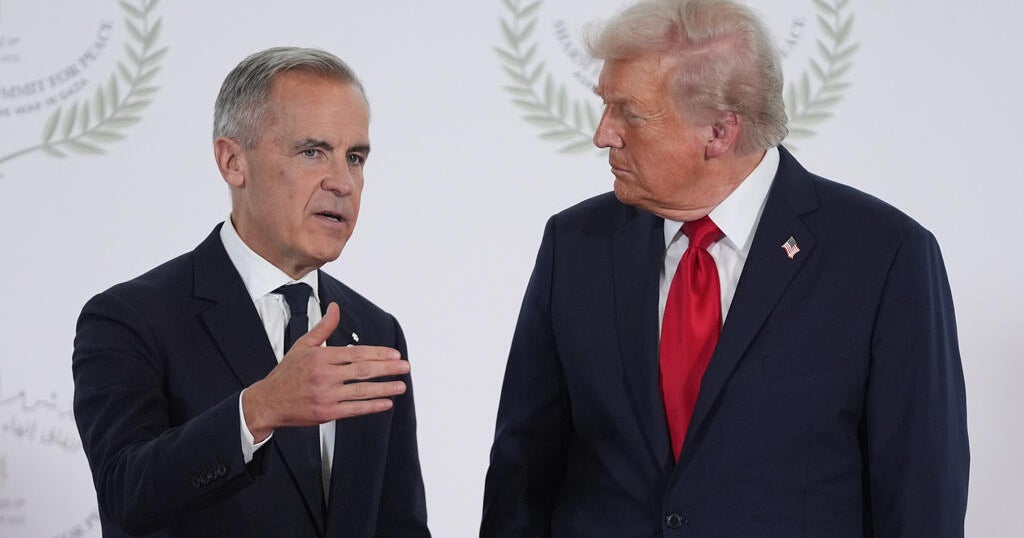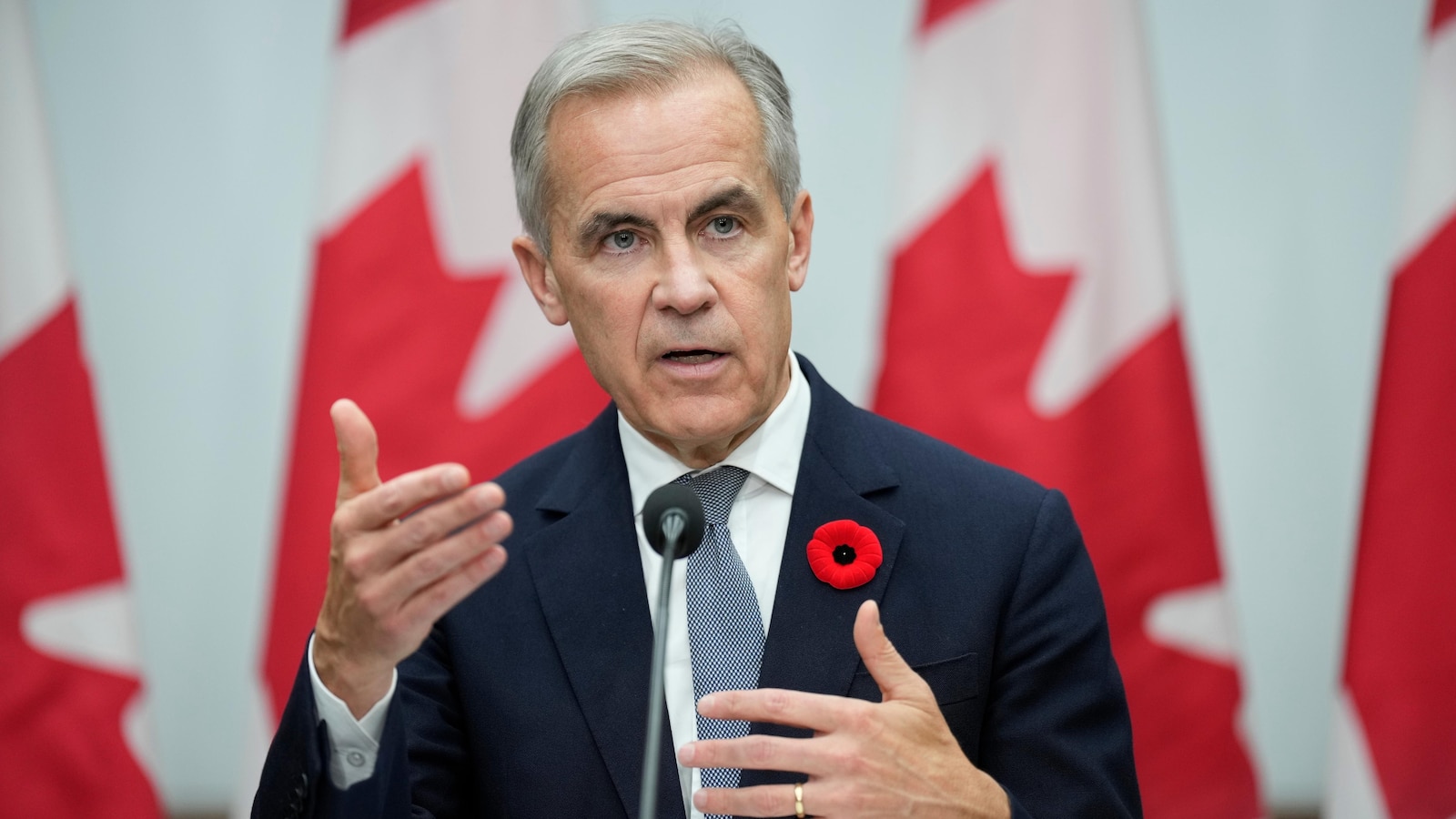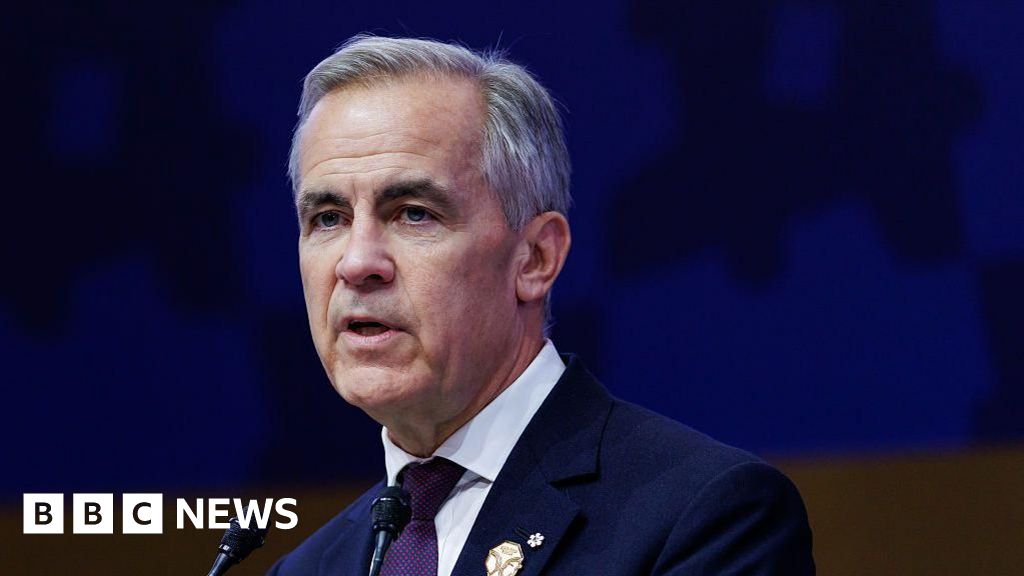Canadian Prime Minister Apologizes to Trump Over Anti-Tariff Ad Amid Trade Tensions
Canadian Prime Minister Mark Carney apologized to President Trump for an anti-tariff advertisement that angered Trump, leading to the suspension of trade talks and advice against running the ad.
Overview
- Canadian Prime Minister Mark Carney apologized to President Donald Trump over an anti-tariff advertisement that caused offense.
- The controversial ad, which cited former President Ronald Reagan, angered Trump and led to the suspension of trade talks with Canada.
- Carney advised Ontario's premier against continuing to run the anti-tariff advertisement, which had been shown during the baseball World Series.
- Trump's administration had planned to increase tariffs on Canadian goods by 10% following his anger over the advertisement.
- The apology occurred during a dinner at the Asia-Pacific Economic Cooperation summit, as Carney works to secure a trade deal to reduce tariffs.
Report issue

Read both sides in 5 minutes each day
Analysis
Center-leaning sources cover the story neutrally, presenting a balanced account of the diplomatic incident involving Canada's anti-tariff ad and Trump's reaction. They focus on reporting facts, actions, and direct statements from all parties involved, providing necessary context without editorializing or using loaded language.
Articles (8)
Center (6)
FAQ
President Trump suspended trade talks with Canada after being angered by an anti-tariff advertisement aired by the Government of Ontario that used edited clips of Ronald Reagan's 1987 speech. The ad was perceived as disrespectful and misleading, prompting Trump to halt negotiations and consider increasing tariffs on Canadian goods.
The advertisement used edited clips from Ronald Reagan's 1987 Radio Address to the Nation on Free and Fair Trade, which the Ronald Reagan Presidential Foundation and Institute stated changed the meaning of Reagan's remarks and was used without permission.
Prime Minister Mark Carney apologized to President Trump for the advertisement during a dinner at the Asia-Pacific Economic Cooperation summit and advised Ontario's premier against continuing to run the ad.
The suspension of trade talks and the planned increase in tariffs could disrupt trade between the U.S. and Canada, potentially leading to higher prices for goods, reduced market access for exporters, and economic uncertainty for industries reliant on cross-border supply chains.
Yes, as of October 24, 2025, the United States–Mexico–Canada Agreement (USMCA) remains in effect, and both countries continue to operate under its existing trade provisions.
History
- This story does not have any previous versions.







